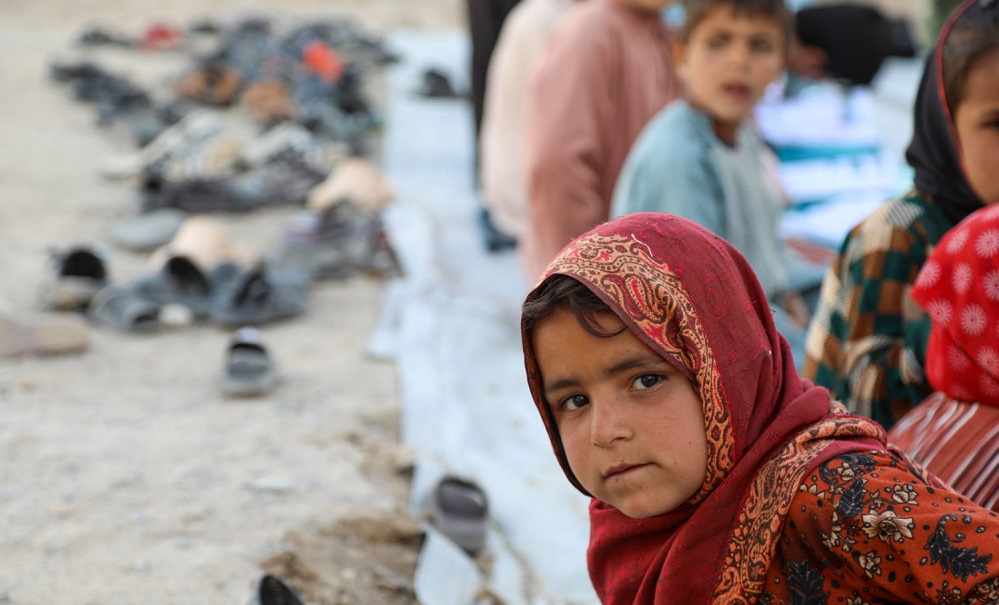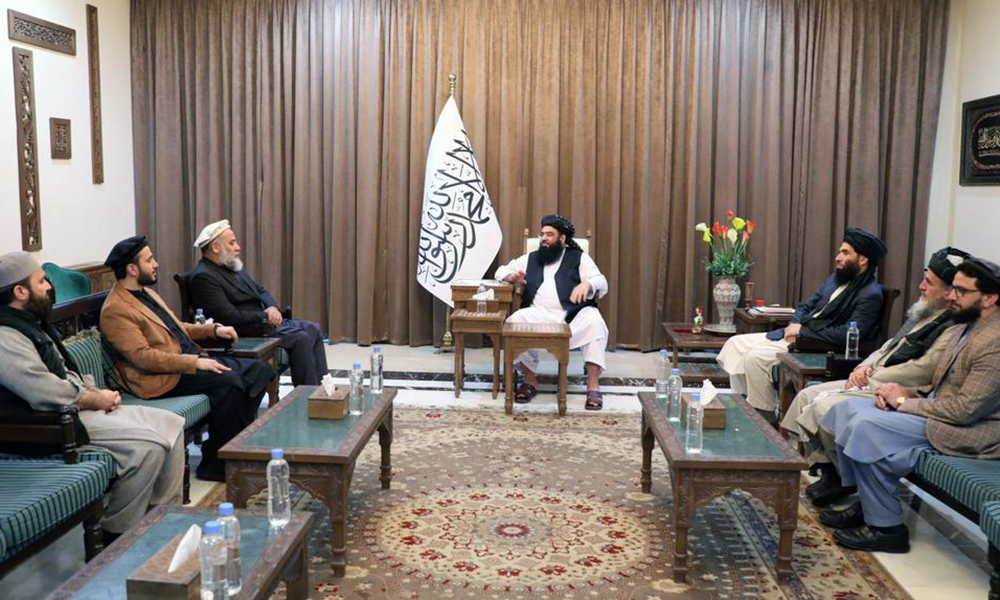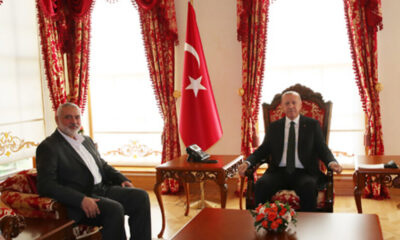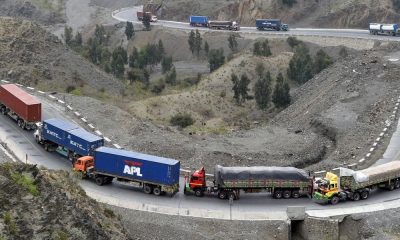Latest News
4.2 million children out of school in Afghanistan: UNICEF

The United Nations said on Friday 4.2 million children are out of school in Afghanistan, about 60 percent of whom are girls.
The United Nations International Children’s Emergency Fund said that in some provinces like Kandahar over 85 percent of girls are out of school.
“In Afghanistan in 2022, UNICEF reached 300,000 children, 55% of whom were girls, through our community based education classes,” UNICEF said. “These classes help us to reach children who don’t have access to public schools.”
Afghanistan remains one of the world’s worst humanitarian crises. Already strained by decades of conflict and natural disasters, and now distanced from the global community, the situation for children and families is deteriorating, UNICEF said.
It said that the agency scales up its programs in Afghanistan.
“Our appeal seeks $1.65 billion to meet the critical humanitarian needs of 19 million people, including 10 million children,” UNICEF said.
“Without the continuation of lifesaving funding, Afghanistan will remain at the brink of catastrophe,” UNICEF warned.
Latest News
More needs to be done to boost local industry, says Kabir

The deputy prime minister for policy, Mawlavi Abdul Kabir, met with Nooruddin Azizi, Acting Minister of Commerce and Industry, at Sapidar Palace on Tuesday and discussed issues around the quality of domestic products and the need to grow and develop the industrial sector.
Azizi said that good trade relations with neighboring countries has resulted in stable prices of goods in the country.
He said the Ministry of Commerce and Industry works closely with the private sector. As a result, the private sector functions in a befitting manner and the Islamic Emirate has provided necessary facilities.
Azizi said that based on the Islamic Emirate’s good economic policies, there has been a significant development in the import/export sector in the country.
Kabir in turn voiced appreciation for efforts by the leadership of the Ministry of Commerce and Industry and said: “The unprecedented efforts of the IEA’s administrations and the stability of the Afghan currency caused the price of food ingredients to remain in the right state and our people also be able to buy essential materials.”
He emphasized the need to work for a balance in trade with neighboring countries, and said more efforts were needed to improve the quality of domestic products and to grow the sector.
Latest News
Russia and Tajikistan hold joint military drills along Afghanistan border

Russia and Tajikistan conducted a joint four-day military exercise along the border with Afghanistan in order to be prepared for any “potential threats”, Tajik media reported this week.
Russian military personnel from the 201st military base in Tajikistan participated in this exercise. Reports stated military personnel practiced various combat tactics, especially tactics to counter terrorist groups that illegally enter Tajikistan.
This comes amid repeated concerns expressed by Afghanistan’s neighbors about what they claim are terrorist threats originating from Afghanistan.
The Islamic Emirate has not yet commented on the drills but has repeatedly denied the presence of terrorist groups in the country. The IEA has also continuously said no militant group will be allowed to threaten another country from Afghanistan.
Latest News
Media Violation Commission bans two TV channels

The Media Violations Commission has ordered Noor and Barya TV channels to stop broadcasting and to appear in court, state-run Bakhtar News Agency reported on Tuesday.
ّIt is said that the decision against the channels was taken for “not observing the principles of journalism.”
-

 Sport4 days ago
Sport4 days agoACL draw to be broadcast live on ATN channels
-

 Business5 days ago
Business5 days agoAfghanistan reaches self-sufficiency in production of 133 items: MoIC
-

 Regional4 days ago
Regional4 days agoIRGC chief warns of harsher response if Israel attacks Iran
-

 Health5 days ago
Health5 days agoMajority of Afghans with mental disorders are women: officials
-

 World5 days ago
World5 days agoOne killed, 10 injured in cable car accident in southern Turkey
-

 Regional4 days ago
Regional4 days agoIran launches retaliatory attack on Israel with hundreds of drones, missiles
-

 Latest News4 days ago
Latest News4 days agoContact group on Afghanistan hits roadblock over Pakistan’s gripe with India
-

 Sport3 days ago
Sport3 days agoACL fever grows as fixtures finalized
























